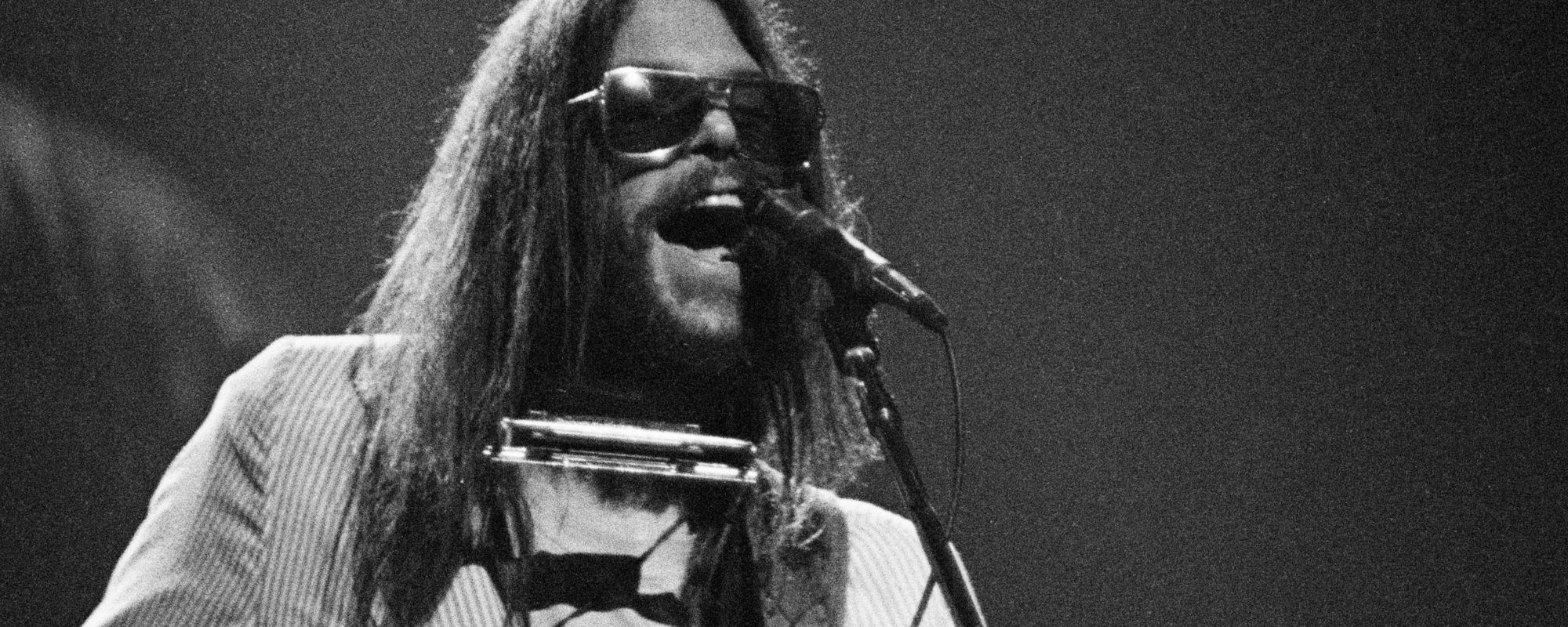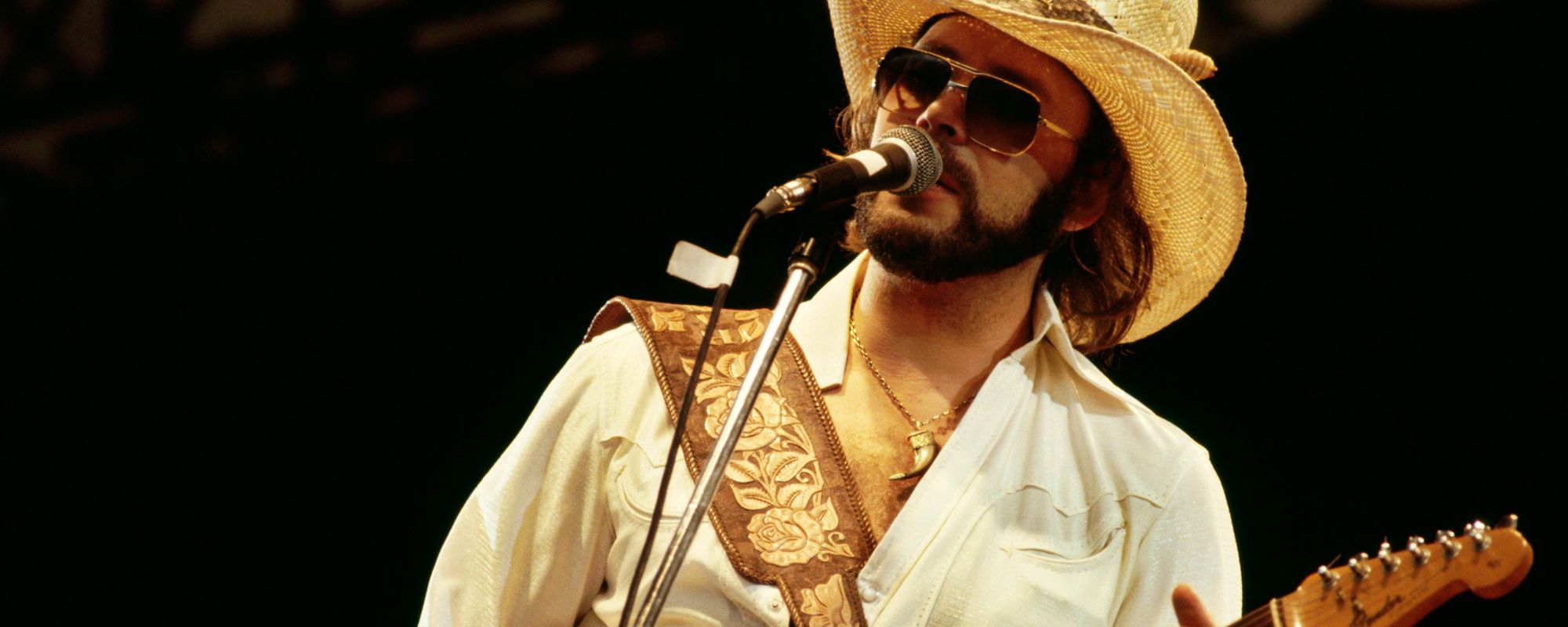If they had followed the script of just about every other band that had eked out a grunge-tinged surprise hit in the ‘90s, Radiohead would have faded quickly into obscurity. Certainly, not even their most ardent admirers would have predicted they’d become rock legends based solely on the evidence of “Creep.”
Videos by American Songwriter
The Bends, their sophomore album released in March 1995, acted as the catalyst for their amazing transformation. It’s the album that briefly captures Radiohead as rock heroes, before they started to deconstruct the genre on subsequent releases.
Leaving “Creep” Behind
Was it the moment when Jonny Greenwood lets out a blast of guitar distortion to dirty up a quiet arrangement? Or the one where Thom Yorke insisted, I’m a creep, I’m a weirdo. “Creep” is full of such striking moves by the then-unknown Radiohead. These bold swings rendered the track undeniably catchy and clever, but also left a bit of a novelty-song aftertaste.
That’s the kind of thing that can both make and break a career all at once. The good news is the band was already in the process of redefining themselves, even as they toured behind their surprising hit. Specifically, lead singer Thom Yorke’s songwriting skills were rapidly evolving as he composed material for Radiohead’s next release.
Yorke already held a healthy skepticism for the rock and roll lifestyle and all it entailed, and that started to filter its way into the material, along with concerns about stagnant relationships and general feelings of dread. He brought his band more into the collaborative process as they made the record that would become The Bends over an elongated period throughout 1994, one that was constantly being interrupted by their touring demands.
Realizing the songs Yorke was delivering were more nuanced and multifaceted than what was on their debut (Pablo Honey), Radiohead eased off the throttle a bit when it came to instrumentation. Instead of going full-bore with rock guitars, they allowed for quieter moments to enter into the sonic picture.
No hit singles arrived from The Bends. But the album began wowing critics almost immediately upon being heard. Folks just couldn’t wrap their heads around the improvement the British quintet had made. Of course, nobody could have suspected the band was only just warming up for their continual transformations.
Revisiting the Music of The Bends
This is a record where Radiohead indulged in somewhat conventional songwriting and recording methods. That’s not to say The Bends is devoid of inspiration or inventiveness; quite the contrary. It’s just that they were basically following a classic rock template, in terms of both the harder-edged material and the quieter stuff. They just came at it all with a uniquely skewed, mostly downcast perspective, as Yorke much preferred to wallow in the truth than deceive people with forced positivity.
“Planet Telex” and “The Bends” start things off with crunching hard-rock guitars punctuating Yorke’s wending melodies. “My Iron Lung” compares rock success to a kind of debilitating, soul-crushing condition, giving you an idea these guys weren’t getting too high on their press clippings.
The Bends really soars with the softer material. “Black Star” stands out as one of the band’s best heartbreak songs. Closer “Street Spirit (Fade Out)” keeps building the angst and refuses to release it, even when Yorke bellows, Immerse yourself in love. “Fake Plastic Trees” combines relationship angst with distrust for what many might deem “the good life,” and it builds to one of those glorious Radiohead peaks.
Just as this album ensured Radiohead would never be the “Creep” guys ever again, Ok Computer, the next album in their catalog, would come along and largely leave behind any traces of what The Bends represented. But it’s still a thrilling listen, even if it is a kind of one-off in this revelatory band’s career.
Photo by Gie Knaeps/Getty Images











Leave a Reply
Only members can comment. Become a member. Already a member? Log in.